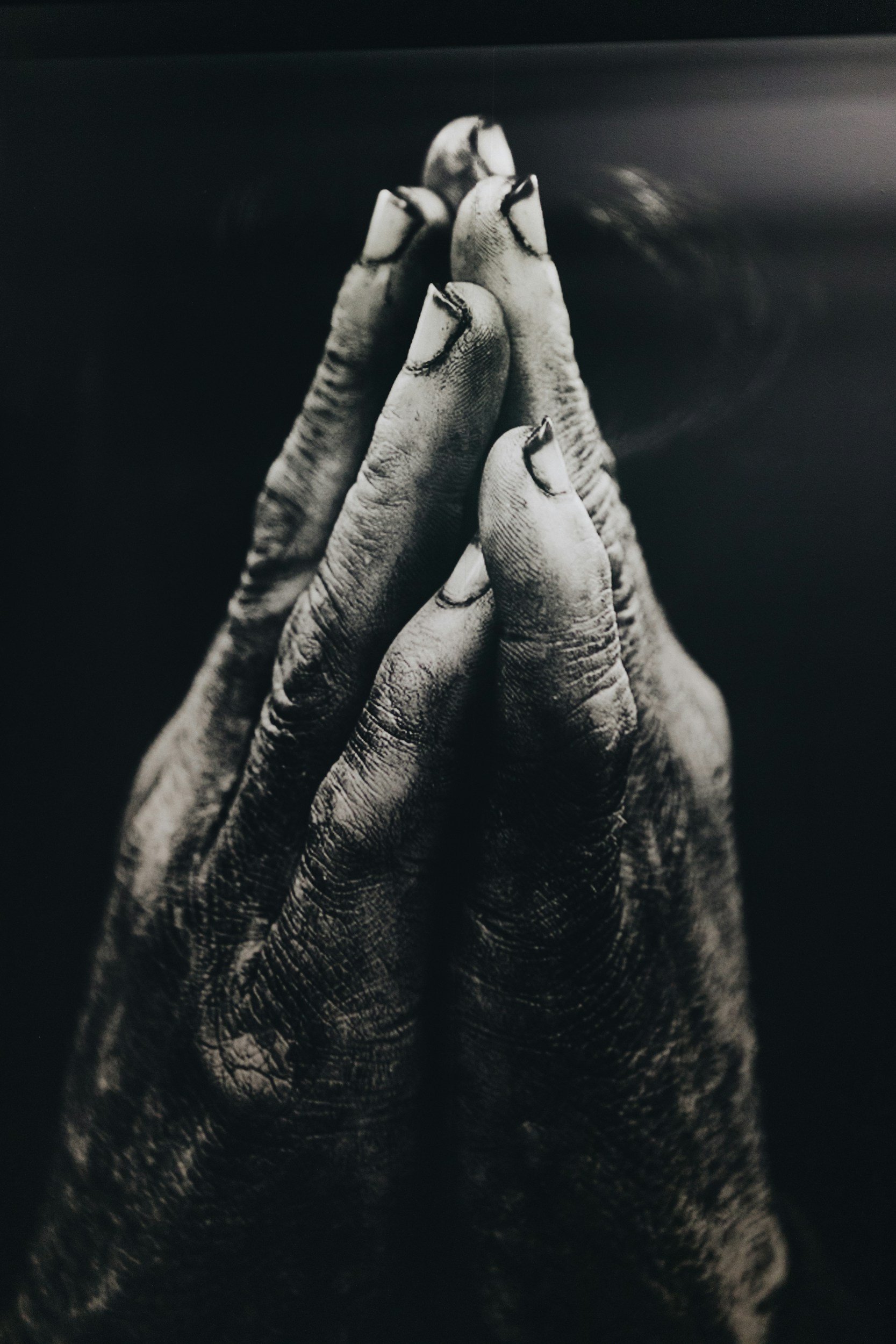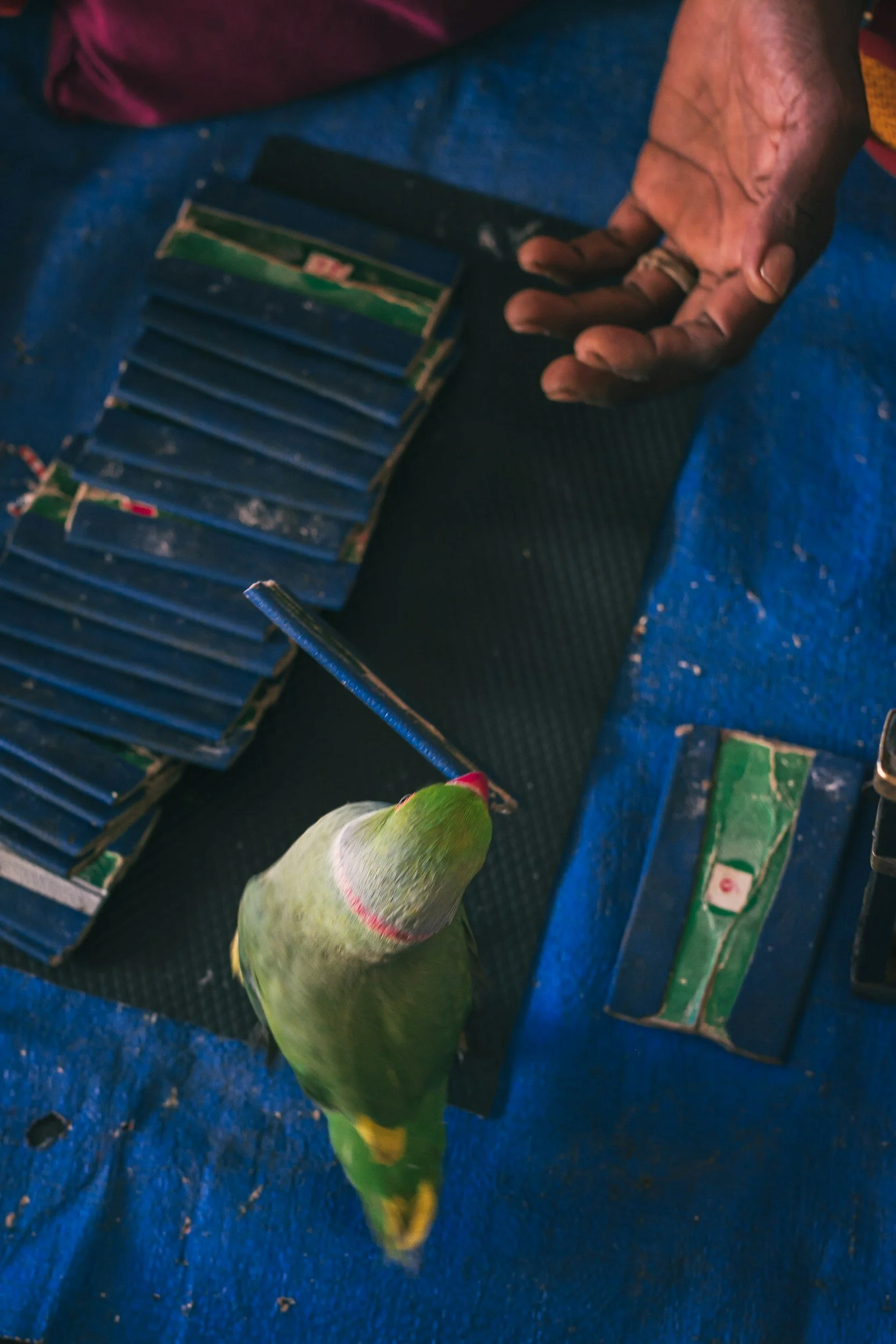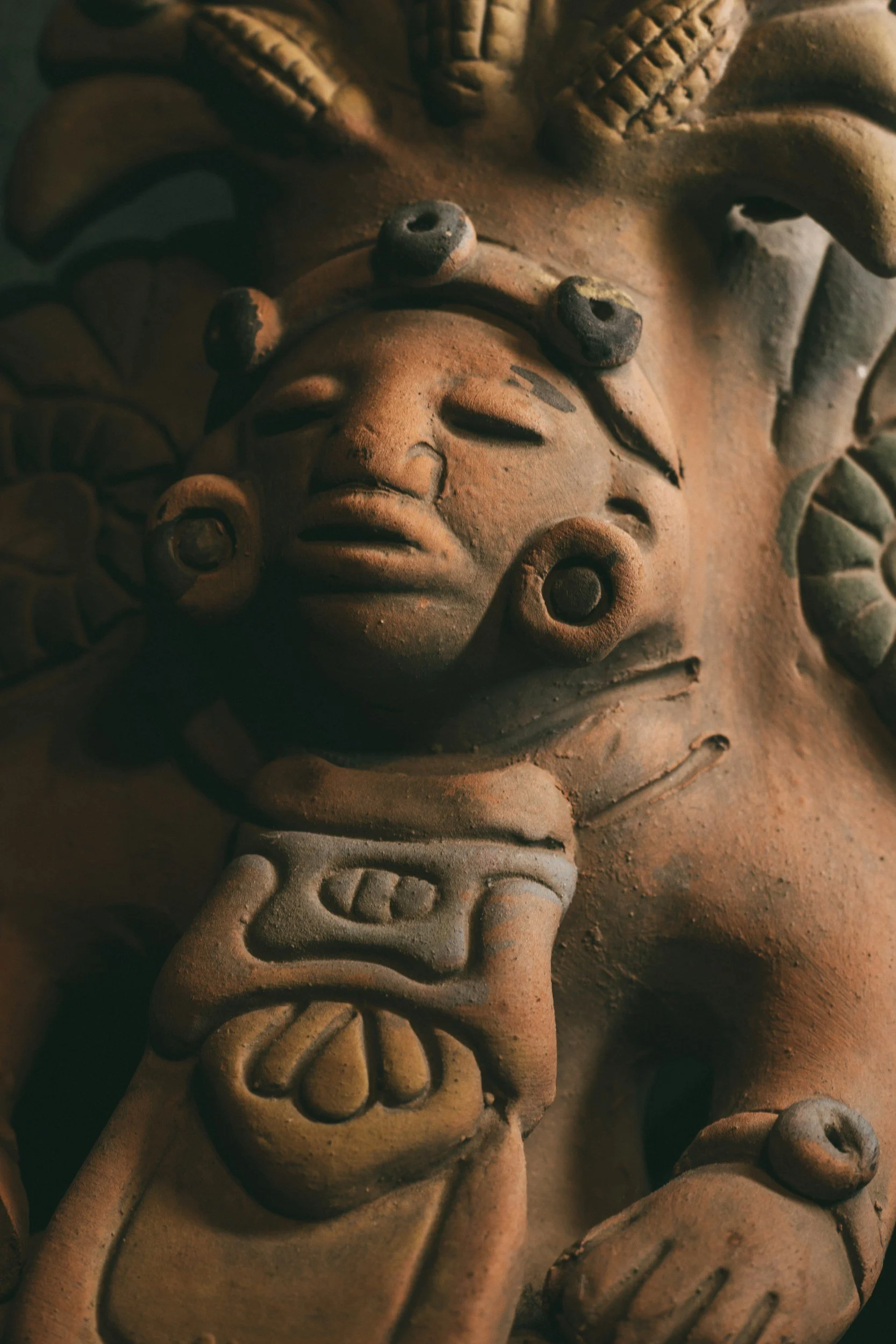The Complex Role of Menstrual Blood in Igbo Spirituality
In Igbo spirituality, as in many other traditional cultures around the world, menstrual blood is a complex and multifaceted subject. Usually viewed with reverence and caution (which have been misinterpreted overtime as negativity), menstrual blood is considered potent both in its capacity to influence spiritual practices and in its symbolic meanings. In this post, we will breakdown why menstrual blood is avoided in certain Igbo spiritual contexts, we will also touch on its perceived properties and the cultural logic underlying these beliefs.
Menstrual Blood in Igbo Spirituality
Menstrual blood, commonly referred to as (obara) nso nwanyi, is viewed as more than a biological by-product; it is believed to be a potent substance that emerges from the body's process of cleansing, recharging, and resetting itself, particularly when it is not involved in nurturing or sustaining human life. In the physical body, menstruation is a natural part of the female reproductive cycle, but in the spiritual context, it assumes additional dimensions of influence:
Neutralizing Effect on Spiritual Elements or Charms: In Igbo spirituality, menstrual blood is known to have the capacity to neutralize spiritual energies. This includes destabilizing powerful spiritual applications such as charms (a class of Ogwu), fortified totems, and even the spiritual potency of the (physical) Ikenga, which in Igbo culture is a personal symbol of masculinity and externalized lifeforce. The neutralizing effect of menstrual blood is particularly significant because it contrasts sharply with other forms of blood, which are typically seen to invigorate or activate spiritual energies in those same spiritual applications already mentioned.
Impact on Spiritual and Physical States: The presence of menstrual blood can affect not only the spiritual tools and spaces but also the spiritual state of individuals, especially those who fortify themselves with external elements. For instance, it can disrupt states of trance or spiritual communication, which require a precise energetic balance to maintain. This is how powerful menstrual blood is.
Influence on Interpersonal Synchronicity: Menstrual blood is also believed to have the ability to bind external persons to the menstruating person. This bond is thought to create a subtle connection or influence, which can be undesirable in a spiritual context where autonomy and control over one’s spiritual space are paramount. The established connection typically benefits one party (the person from whom the blood originates). However, in various contexts, this connection can also have adverse effects on the menstruating person.
Cultural Context and Gender Dynamics
The avoidance of menstrual blood in certain spiritual practices also reflects broader cultural and gender dynamics within the community. Menstrual blood's association with femininity and its perceived interference with predominantly male-centric spiritual practices (like handling the Ikenga) illustrate the complex interplay between gender roles and spiritual beliefs. In reality, the person menstruating is seldom adversely affected by the influences of menstrual blood; it is typically external factors or other people (especially non-menstruating persons) who experience its effects, except in rare instances. However, these exceptions are not the primary focus of this discussion.
Menstrual Blood in Rituals and Medicine
Despite its avoidance in some rituals, menstrual blood is not universally negative within Igbo spirituality. In some contexts, it is used for protective charms or medicinal purposes, which acknowledges its potent life force and intrinsic power. This dual nature underscores the complex role that menstrual blood plays in Igbo reality, symbolizing both a powerful life force and a potential disruptor of spiritual energies.
Contemporary Perspectives and Reinterpretations
In modern times, there is a growing dialogue amongst many modern Igbo people about the traditional views on menstrual blood. Some advocate for a reinterpretation of these beliefs, emphasizing in-depth understanding and integration rather than avoidance. This dialogue is part of a broader movement towards addressing gender stereotypes and promoting a more inclusive approach to spiritual practices.
To Sum It Up
The beliefs surrounding menstrual blood in Igbo spirituality are deeply embedded in the culture's understanding of purity, power, and spiritual efficacy. The avoidance of menstrual blood in certain spiritual contexts illustrates its perceived potent effects on spiritual practices and its broader symbolic meanings within Igbo cosmology. As with many cultural practices, these beliefs are subject to reinterpretation and evolution as communities grow and change. Being aware of the nuances of such practices can provide deeper insights into the complex ways in which traditional societies navigate the intersection of the physical and spiritual worlds.





























